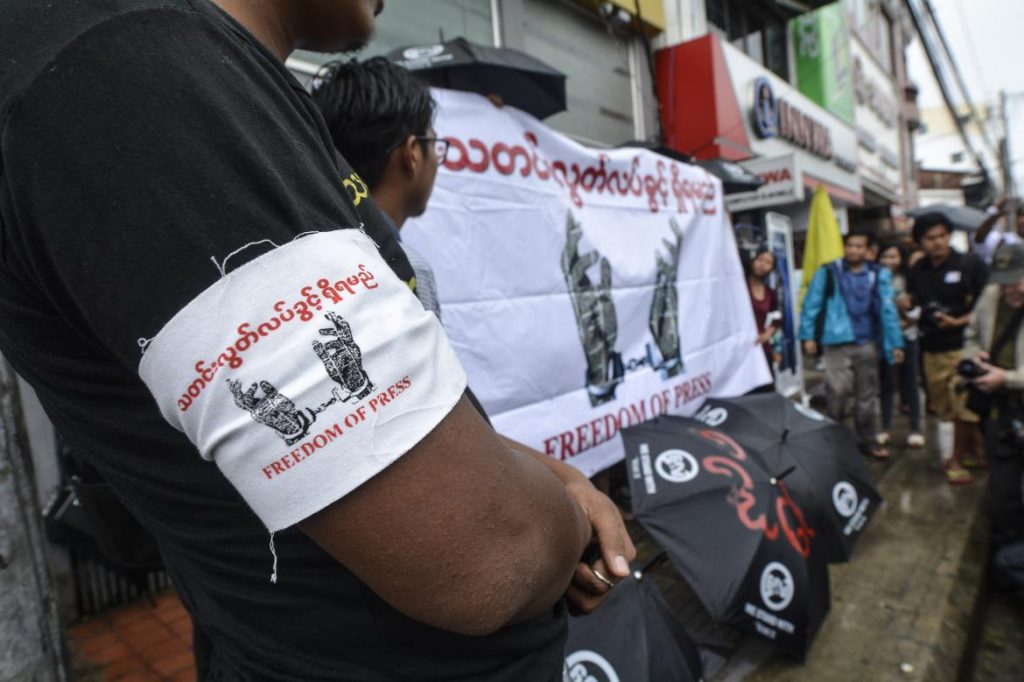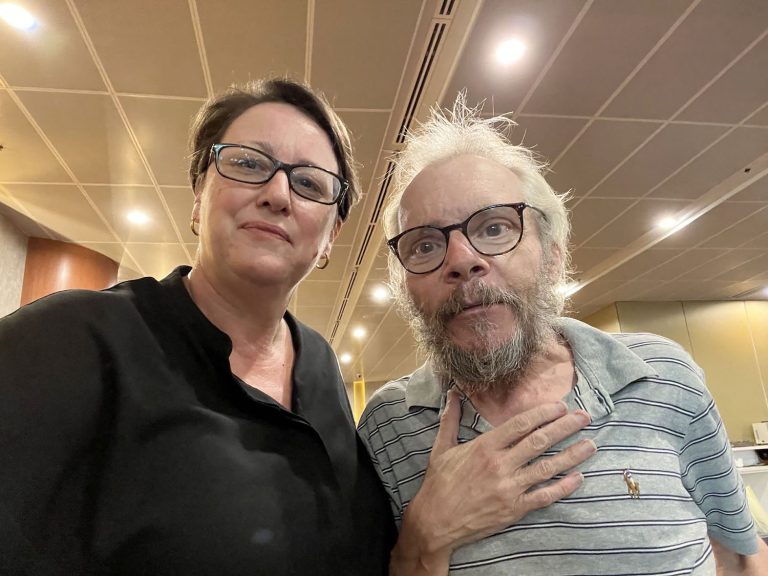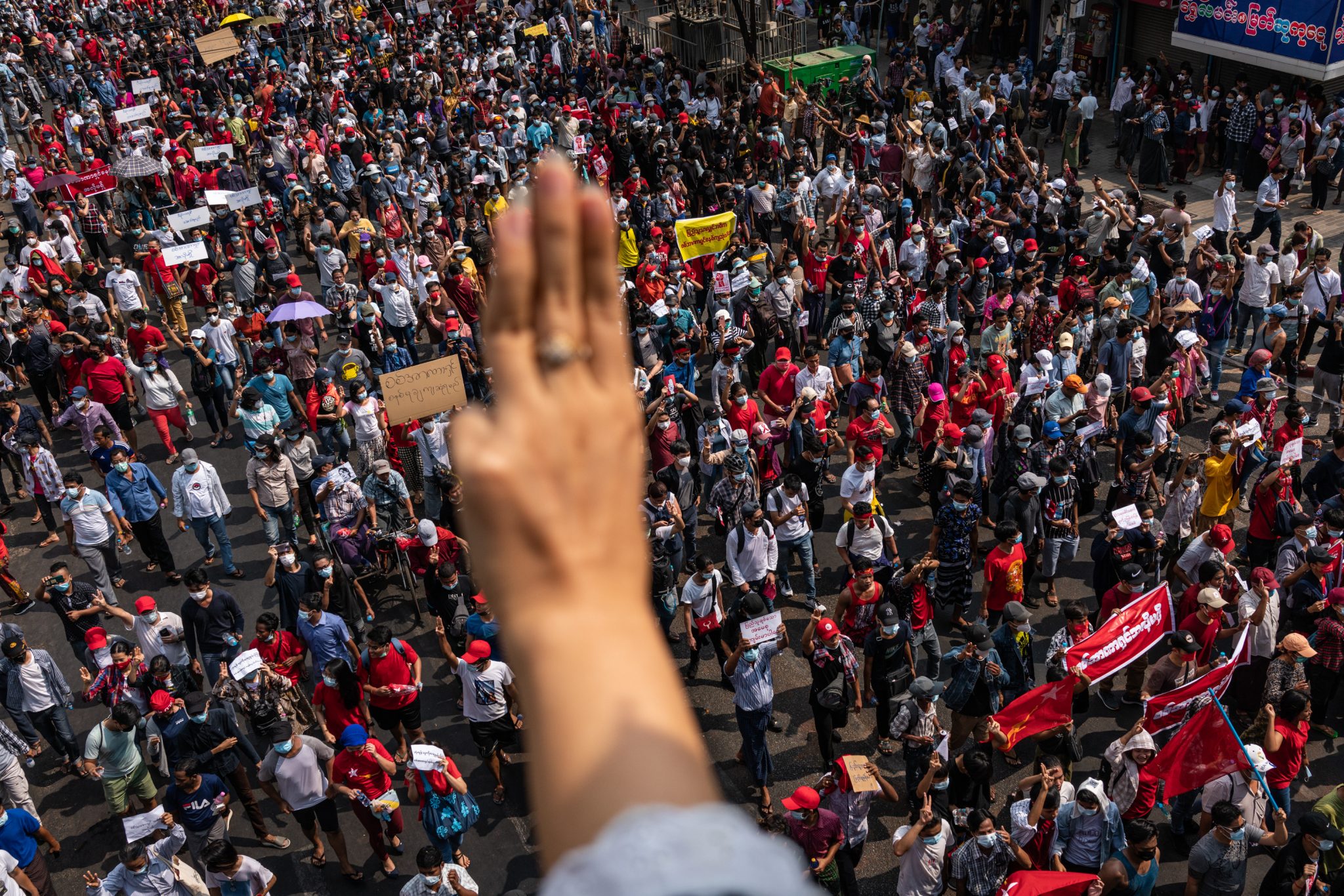By SU MYAT MON | FRONTIER
YANGON – Myanmar’s World Press Freedom Index ranking for 2018 has fallen six places, to 137rd out of 180 countries, compared to the previous year’s listing, as journalists in the country lamented the continued arrest of their peers, and the use of outdated laws to punish reporters.
The index, compiled by Reporters Without Borders, reflects growing global animosity towards journalists, RSF said in a statement to coincide with the index release.
“Hostility towards the media, openly encouraged by political leaders, and the efforts of authoritarian regimes to export their vision of journalism pose a threat to democracies,” said the statement.
Myanmar’s fall in the rankings comes amid the controversial trial of the two Reuters journalists, Ko Wa Lone and Ko Kyaw Soe Oo, who were arrested in December. They were detained at a restaurant in northern Yangon, and charged under article 17(1) of the Official Secrets Act and face a potential 14-year jail sentence if found guilty.
Support more independent journalism like this. Sign up to be a Frontier member.
The trial attracted considerable attention last week, when a police officer called as a suspect by the prosecution said in court that he had been pressured to “set up” the journalists.
U Myint Kyaw, a member of the Myanmar Press Council, said the country’s fall in the global ranking represented the “real situation” of press freedom in Myanmar.
“It can be said that the media is not respected by the NLD [National League for Democracy] government,” Myint Kyaw told Frontier.
“The real truth is obvious,” said Myint Kyaw, referring to the arrests. “It can be said that entrapping the journalists is [an abuse] of [officials’] authority and power.”
Myint Kyaw said another challenge for journalists was laws that were being used to detain reporters, most notably the notorious clause 66(d) of the 2013 Telecommunications Law, which punishes online defamation.
Ko Soe Ya, a video journalist for local outlet 7 Day, said that one of the main reasons for Myanmar’s fall in rankings was because independent media access to northern Rakhine State is largely off-limits, apart from on tightly-controlled, government-sponsored trips.
“I agree that the figure of Myanmar press freedom fits the real situation in the country,” he said, adding that journalists from state media often receive preferential treatment when it comes to accessing government events, including those held by the President’s Office.
Soe Ya said he hoped the situation would improve under President U Win Myint, who was sworn in on March 30.
“But let’s wait and see,” he said. “I really hope the government respects press freedom and the stance of media, otherwise the image of a democratic country will disappear.”
Ko Ye Mon Tun, a journalist for DVB, said that the situation would improve if the MPC was given more power, and that Myanmar’s reputation would improve globally if the Reuters journalists were released.
He also said media access to the government and the military was a constant challenge.
“Despite a spokesperson contact list being shared widely by the government, half of them, as well as the military, cannot be reached,” he said, adding that gaining information about the military’s activities was particularly challenging.
Myanmar had the third highest ranking of the ten members of the Association of Southeast Asian Nations, after Indonesia (124) and the Philippines (133). The lowest-ranking ASEAN members were Brunei (153), Laos (170) and Vietnam (175).







